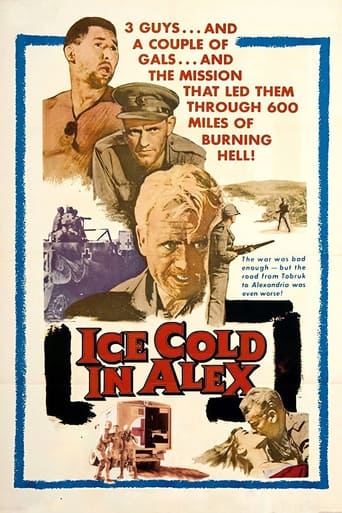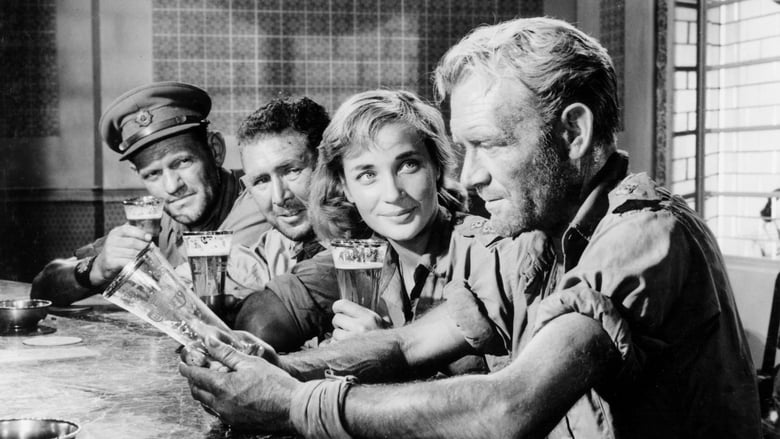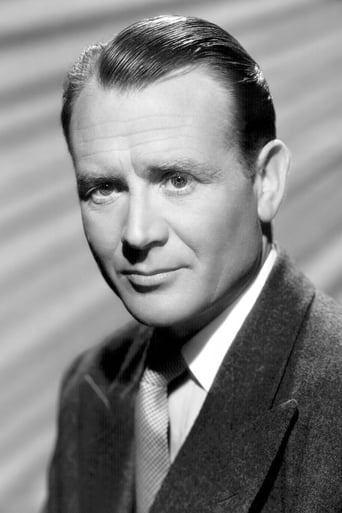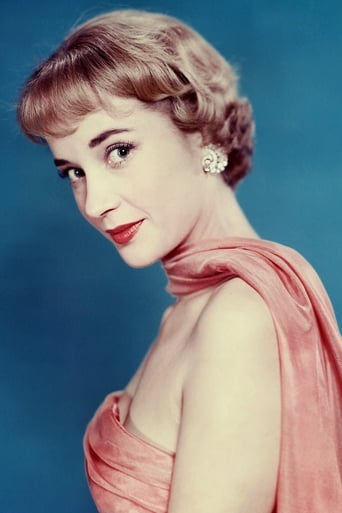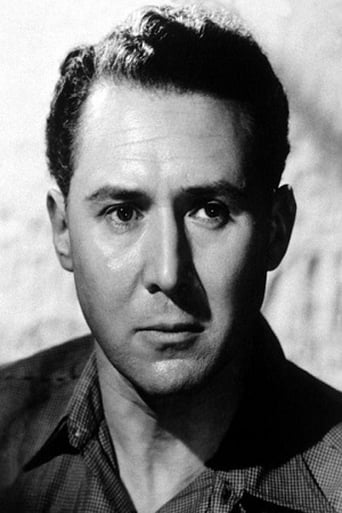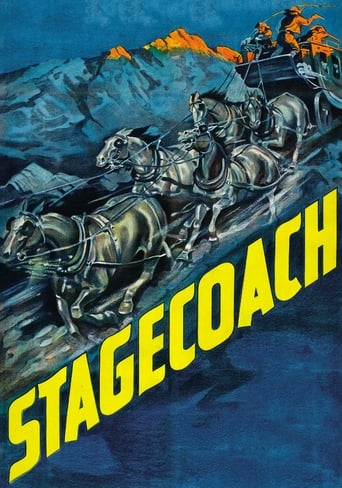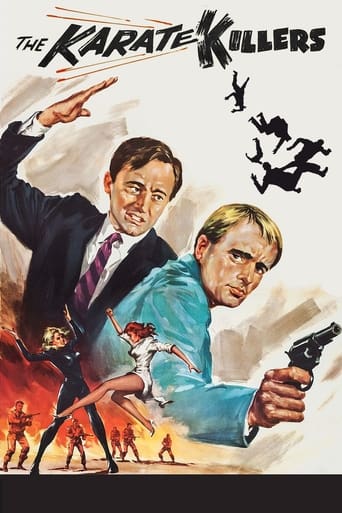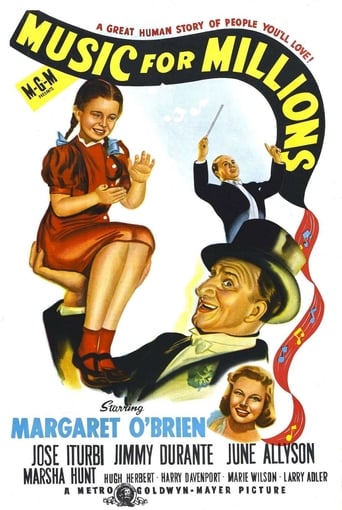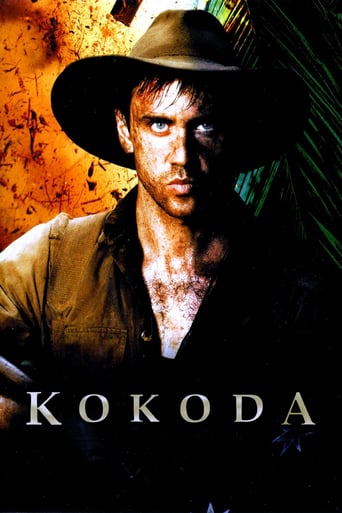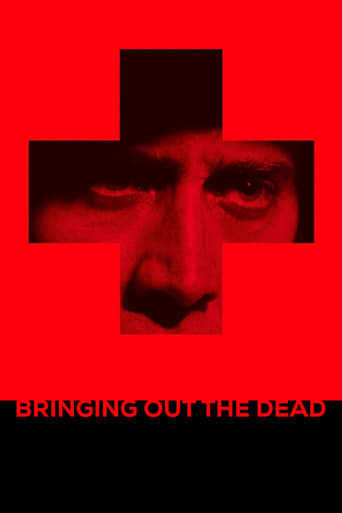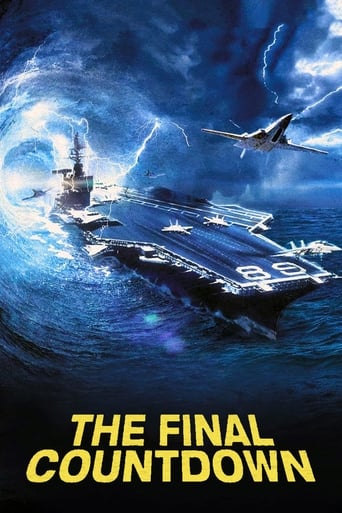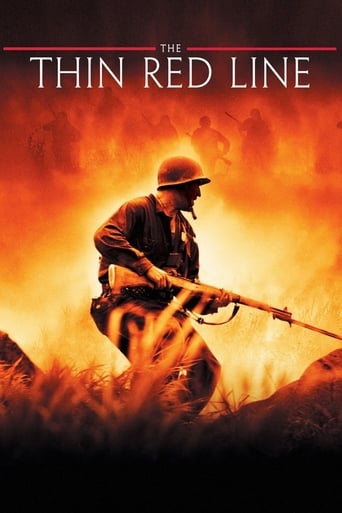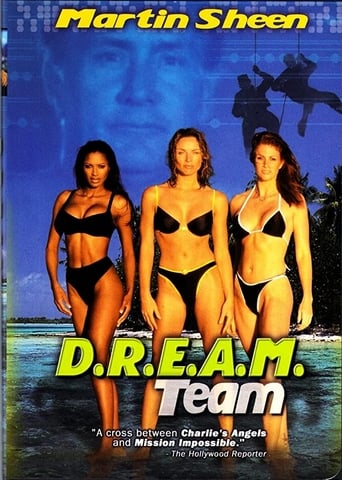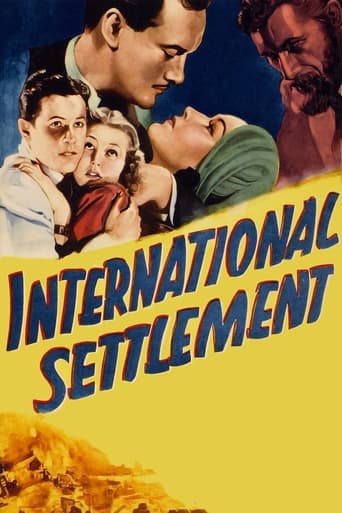Ice Cold in Alex (1961)
A group of army personnel and nurses attempt a dangerous and arduous trek across the deserts of North Africa during the second world war. The leader of the team dreams of his ice cold beer when he reaches Alexandria.
Watch Trailer
Cast


Similar titles
Reviews
Very very predictable, including the post credit scene !!!
Best movie of this year hands down!
The best films of this genre always show a path and provide a takeaway for being a better person.
Although I seem to have had higher expectations than I thought, the movie is super entertaining.
An interesting comment by several reviewers - e.g. kitsilanoca-1 - is that the cast were not prima donnas. When Sir John Mills died his co-star in this film Sylvia Sims said that the whole cast was UNcomplaining about conditions. They had all just been through the war. Anthony Quayle for instance had been in the Special Operations Executive, the forerunner to the SAS, in Albania organising resistance. They were prepared to accept discomfort and even hardship in exactly the same way as any member of the crew. An attitude that was with them the whole of their lives. It may be this that makes the film so real and gritty.
This is nothing short of an excellent rendition of the travails and exploits of those gallant men who served with the 8th Army in North Africa. I feel the exploits of the infantry and Army Service Corps who withstood the fury of Rommel's Afrika Korps at Tobruk has largely been neglected by Hollywood but for a few films like 5Graves to Cairo and Sahara and was left to the British film makers to recount. The storyline is purported to be a true one but probably intertwined from accounts of multiple servicemen. It is disturbingly to life with a brilliant performance by John Mills who portrays the shell-shocked, battle-weary, disturbed ASC driver ably assisted by Anthony Quayle the German spy. Sylvia Syms is very attractive and also renders one of her best early performances. The storyline takes us thru an Ambulance unit making it from under-siege Tobruk through the great desert depression to Alexandria in 1942. The group is joined by a German spy who commands the respect of his co-travellers by his exploits. We are given to really experience the brutal shocks of war torn servicemen under fire without the Errol Flynn effect like never before. I saw this movie only recently and to my knowledge I think it is one of the best of the period and genre. Krishna Kumar Menon Chennai (Madras)
Even though this is one of the great films set in the Second World War I don't think I'd seen it in its entirety so when my news paper gave it away on a DVD I finally got a chance to watch it... and just like the lager in the final scene it was worth the wait.Set in the North African deserts of Libya and Egypt the film follows a small group of British personnel as they try to get from Tobruk to Alexandria in an ambulance without getting captured by Germans, running out of fuel and water or getting stranded in the harsh terrain after they have been separated from the rest of their column. Shortly after departing they pick up a South African officer who's ability to talk German gets them out of sticky situations more than once.It is an unusual war film in more than one way, for a start the group contains women who are real characters rather than just the love interest left behind while the men go off to war and secondly they don't have some exciting mission to destroy an enemy target or even to engage in combat; they just want to avoid any contact with the Germans and get to Alexandria and have an ice cold lager... hence the films title.The acting was good, I thought Sylvia Syms stood out as the nurse Sister Diana Murdoch, it was good to see a woman in a leading roll in a war film of that era. I liked that the makers didn't feel a need to have music in every scene, the total silence added to the atmosphere of the desert in many scenes.
Most British and American war films made during World War II itself are essentially propaganda films, made with the express purpose of keeping up morale and persuading the public to support the war effort. In peacetime, however, filmmakers were able to regard the subject more dispassionately. Certainly, some war films from the late forties, fifties and sixties are simply patriotic adventure stories, but others see the war more in terms of human drama than in terms of "us against them". A good example is "Bridge on the River Kwai" from 1957, which is much more than a simple tale of British heroes versus Japanese villains; the main British character, Colonel Nicholson, is shown as flawed, and his Japanese counterpart, Colonel Saito, is treated surprisingly sympathetically."Ice-Cold in Alex" from the following year takes a similarly dispassionate look at the conflict. It is set in North Africa during the summer of 1942, a time when the campaign was running in favour of the Axis and the Allied armies were in retreat. During the evacuation of Tobruk, a small group become separated from the British forces and are forced to flee cross-country in an ambulance. The group consists of three soldiers, Captain Anson, Sergeant-Major Tom Pugh and South African Captain van der Poel, and two nurses, Diana Murdoch and Denise Norton. The film works on two levels. On one level it is simply an exciting adventure story, narrating the various obstacles and difficulties the group encounter on their way to the safety of the British base at Alexandria- a minefield, a broken suspension spring , the dangerous terrain of the Qattara Depression and German patrols. There are a number of tense sequences, such as the scene in the minefield and the one where the jack collapses and van der Poel uses his immense strength to support the ambulance while Pugh repairs the broken spring. Some of these were reminiscent of Alfred Hitchcock, and it is no surprise that J. Lee Thompson was later responsible for the very Hitchcockian thriller "Cape Fear". On another level, however, it is also a complex human drama. Denise is a fairly minor character; she is killed early on when the ambulance is fired upon by German troops. The drama arises from the interaction of the other four in the group, especially Anson and van der Poel. During the war itself, and in many films made after it, British officers were portrayed in the cinema in a straightforward way as stiff-upper-lip heroes. John Mills had played a good example three years earlier in "Above Us the Waves", but Anson is a much more complex character. Badly affected by the stresses of war, he has become an alcoholic. His motivation for carrying on is not patriotism or hatred of the Nazis but the thought of the ice cold lager he will enjoy when they finally reach Alexandria (hence the title). Another motivation is the romance which develops between himself and Diana in the course of their journey. Anson can also be rash and impetuous- he was largely responsible for Denise's death as she was shot while he was trying to outrun a German patrol, having disregarded the German officer's command to halt.During the journey the others, especially Pugh, begin to suspect van der Poel may not be what he seems. (What initially arouses Pugh's suspicion is van der Poel's lack of knowledge of army tea-brewing techniques, tea being a subject dear to any Englishman's heart). The "Afrikaner" van der Poel is eventually revealed to be a German, Otto Lutz, who is attempting to infiltrate the Allied lines on an espionage mission. This leaves Anson, Pugh and Diana with a difficult dilemma; by rights they should hand Otto over to the Military Police to be shot as a spy. On the other hand, they have come to respect a man whose resourcefulness and physical strength have been invaluable in enabling them to survive their trek across the desert. In the end they decide to spare Otto's life by telling the Military Police that he was a German soldier whom they captured after he had become separated from his unit. This means that he will be treated honourably as a prisoner of war, rather than executed as a spy. Even, I think, the most ardent British patriot will recognise that this was the right decision. There is an instructive comparison to be made between "Ice Cold in Alex" and "Sahara", a film from 1943 about the desert war which also concerns a group of Allied soldiers who have captured a German prisoner. In that film the German, von Schletow, is portrayed as a stereotypical Nazi, arrogant, ruthless and treacherous. By 1958, however, the war had been over for more than a decade and West Germany was now a British ally. The Germans could therefore be viewed in a more objective light; Otto is not portrayed simply as "the enemy", or even simply as "a German", but as a human being capable of decency. It is perhaps appropriate that "Ice Cold" was a prizewinner at the Berlin International Film Festival. All four of the main actors- John Mills, Harry Andrews, Anthony Quayle and Sylvia Syms are excellent. Syms was one of the loveliest British actresses of the fifties, although the fact that most of her films were made in Britain rather than Hollywood meant that she never achieved the international fame of contemporaries such as Joan Collins or Jean Simmons. Of her films that I have seen, "Ice Cold" is probably the best. Thompson was later to achieve fame in Hollywood as the director of the likes of "The Guns of Navarone" and "Cape Fear", but he can also be remembered as the director of two of the best British films of the late fifties, both of which starred Mills- this one and "Tiger Bay". 9/10

